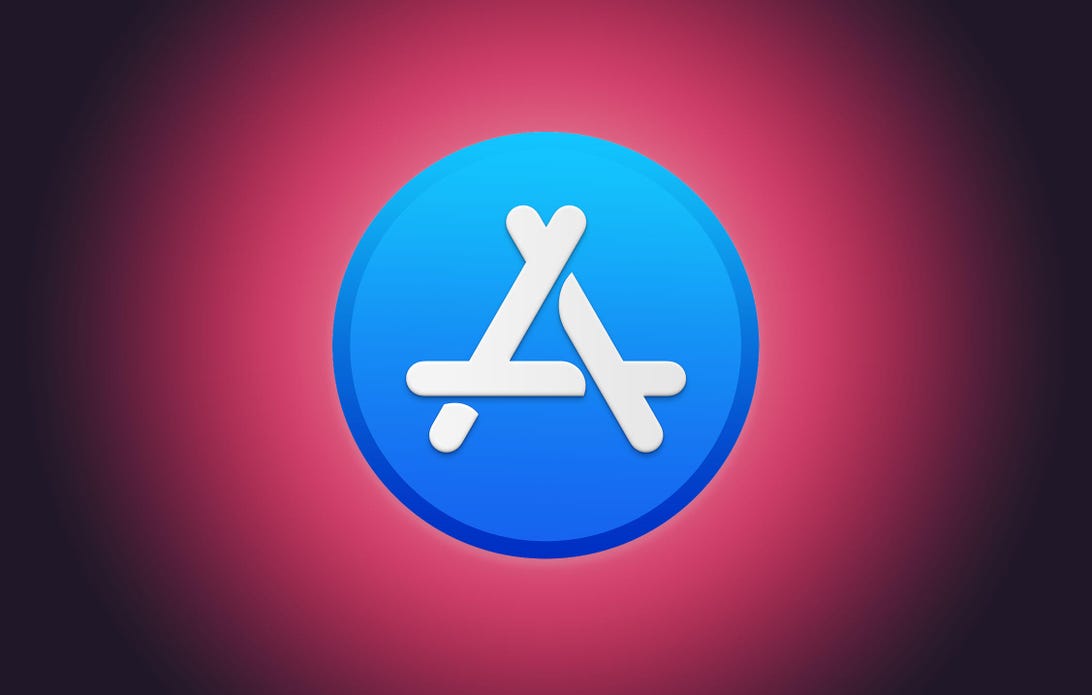
Regulators increasingly want to take tech giants to task.
Apple; Illustration by Stephen Shankland/CNETApple and Google are under increasing pressure from global regulators, who say the two tech giants have abused their power in mobile devices to exert control over app developers and pad their profits in the process.
On Tuesday, South Korea's National Assembly passed a bill that will force Apple and Google to loosen restrictions they impose via the Apple App Store and Google Play Store. The bill, which will become law when signed by the country's president, prevents app store operators from unreasonably delaying the approval of apps or deleting already approved ones. It also says app markets can't require the use of their in-app purchase systems, giving developers the opportunity to choose alternatives or create their own.
South Korea's moves are the latest in a campaign by regulators and lawmakers to establish limits for the tech industry. After decades of letting tech companies grow with little oversight, governments have begun grappling with torrents of misinformation and disinformation spread through social media. The tech industry has also faced a relentless barrage of complaints about its abuses of privacy and heavy-handed business practices.
The South Korean bill focuses on in-app purchases, a topic that has attracted the attention of other lawmakers and regulators. Apple and Google exert tight control, requiring additional purchases made inside an app be processed by them. The companies argue that in-app payment systems help to control fraud while supporting app development. In return, Apple and Google have argued, app developers get an easy way to charge for subscriptions or digital items, such as fashion accessories for avatars in games.
"Just as it costs developers money to build an app, it costs us money to build and maintain an operating system and app store," a Google spokesman said in a statement about the South Korean legislation. "We'll reflect on how to comply with this law while maintaining a model that supports a high-quality operating system and app store, and we will share more in the coming weeks."
Apple, meanwhile, warned that the bill could make using their products worse. "The Telecommunications Business Act will put users who purchase digital goods from other sources at risk of fraud, undermine their privacy protections, make it difficult to manage their purchases, and features like 'Ask to Buy' and Parental Controls will become less effective," a company spokesman said.
Here's everything we know so far about legal efforts to take on Apple and Google's app stores.
It's happening in the European Union
The EU is investigating Apple in response to complaints by music app maker Spotify and others, who say the iPhone maker is stifling competition by charging as much as 30% for in-app purchases. EU Competition Commissioner Margrethe Vestager said she preliminarily agreed with Spotify's argument, adding that her team's investigation found "consumers losing out" as a result of Apple's policies. A final decision hasn't yet been issued.
The US is getting in on the action
Earlier this summer, lawmakers in the House of Representatives unveiled a series of bills designed to update the country's antitrust laws and address some of the tech industry's most controversial practices. One of the bills -- there are five in total -- would prohibit platforms from discriminating against rivals, if passed. That could apply to app stores like the ones Apple and Google run.
Read more: How new antitrust bills could hit Amazon, Apple, Facebook and Google
The Senate has also unveiled a bipartisan bill that would place new restrictions on how app stores are run. Called the Open App Markets Act, the proposed law could change the way people download programs to their phones, tablets and computers. Among its provisions: barring companies from forcing developers to use their payment systems. It would also ensure that developers can tell customers about lower pricing on other platforms. It would force companies like Apple to allow alternative ways to install apps on their devices.
Courts are making their mark too
While Apple and Google are staring down legislation and regulatory enforcement, they're also fighting high-profile court battles. Most notably, the two have locked horns with Fortnite maker Epic Games, which sued both companies in August 2020 for allegedly violating antitrust laws.
The cases were filed after Epic quietly changed the code in its popular game, allowing players to circumvent Apple's and Google's payments systems when purchasing in-app items, including its in-game currency used for buying character accessories. In response, Apple and Google kicked Fortnite out of their app stores, saying Epic violated their rules around in-app purchases.
Epic's case against Apple was heard in a California courtroom this spring. During the trial, the iPhone maker defended different how it runs its App Store, including the guidelines Apple says developers must adhere to in order to offer their apps on the store.
Judge Yvonne Gonzalez Rogers, who's overseeing the case, grilled Apple CEO Tim Cook during his testimony at the end of the trial, challenging what she said was lack of competition against the App Store. Epic had argued that one Apple policy is monopolistic: requiring app developers to use its payment processing service on the iPhone, with commissions of up to 30%. It appeared as though Rogers might agree. "You don't have competition for those in-app purchases," she said.
A decision is expected shortly.
Apple, Google app stores face new regulation as South Korea readies payment law - CNET
Read More
No comments:
Post a Comment